1st July 2020, 15:00h CET (08:00h Mexico, 21:00h Malaysia)
Click here to register for attendance (free of charge)
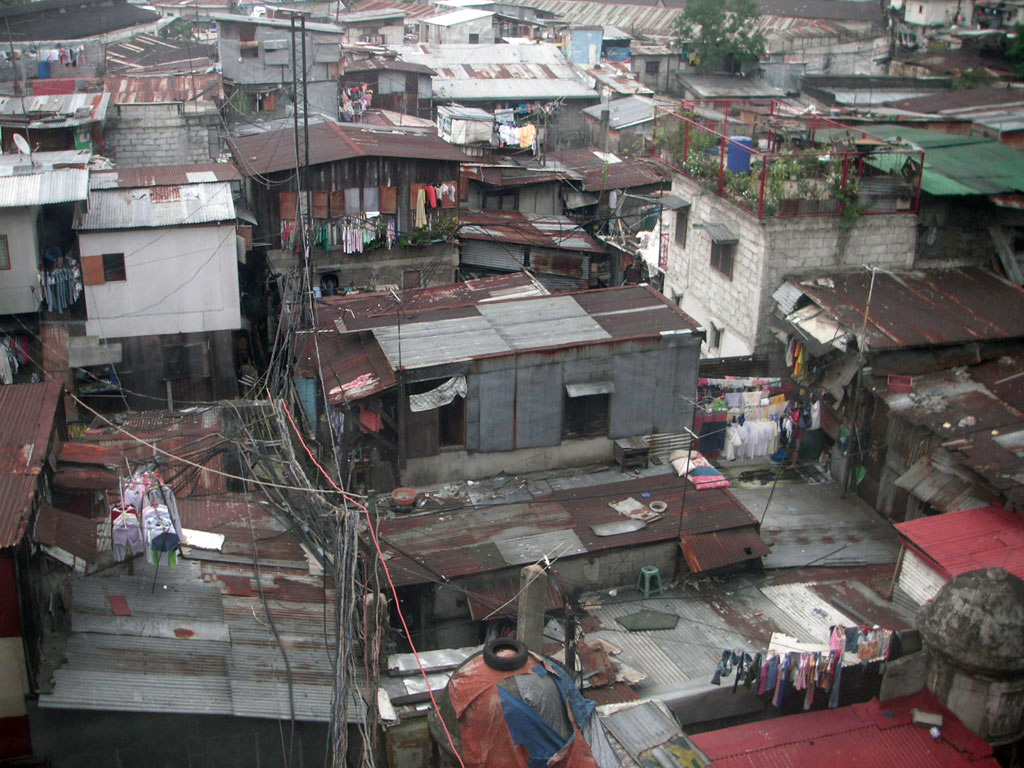
July 2020 marks 10 years since the human rights to water and sanitation (previously acknowledged as a single right) were recognised by the UN General Assembly. Since then, notable progress has been made. The human rights to water and sanitation are now recognised as two separate rights, and more than 50% of countries have included these crucial rights in their constitution. However, the majority are still struggling to create full access of safe and sustainable drinking water and sanitation, especially for marginalised groups.
Recognition in law and policy is a crucial step towards the national realisation of safe and sustainable access to water and sanitation to all. Countries such as Mexico, are taking the lead by integrating these rights further into national water plans and policies such that there is a real change in access. Kenya also has developed a framework for the Human Rights to water and sanitation and is looking for ways to monitor the data more efficiently.
In light of the 10 year anniversary of the human rights to water and sanitation, Human Right 2 Water’s Webinar takes the opportunity to interview panellists from CONAGUA, the Special Rapporteur on human rights to water and sanitation, the Inter-American Development Bank, and the NHRI in Kenya to share learnings and stories from countries around the world that are making strides in this challenging arena.
15:00h CET, 1st July 2020 (08:00h Mexico, 21:00h Malaysia)
Experts:
Léo Heller
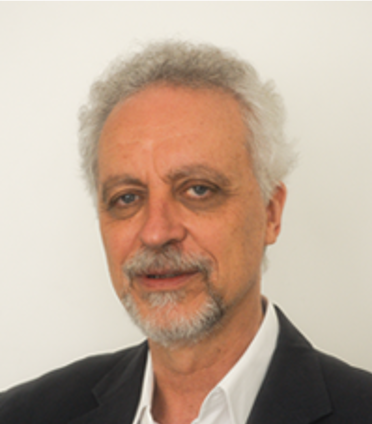
Mr. Léo Heller is the second Special Rapporteur on the human rights to safe drinking water and sanitation. He was appointed by the Human Rights Council in November 2014, having started his mandate on 1 December that year. Heller is currently a researcher in the Oswaldo Cruz Foundation in Brazil. Previously, Heller was Professor of the Department of Sanitary and Environmental Engineering at the Federal University of Minas Gerais, Brazil from 1990 to 2014. Heller has extensive experience in formulating policies, teaching and researching in the field of public policy and management and of environmental health related to water and sanitation. He has been coordinating large interdisciplinary research groups and he is author of several books, book chapters and journal articles on technological, health and policy dimensions of water and sanitation. He has long tradition of working together with, and taking part in, social movements related to human rights to water and sanitation, especially in Latin America.
Blanca Jimenez
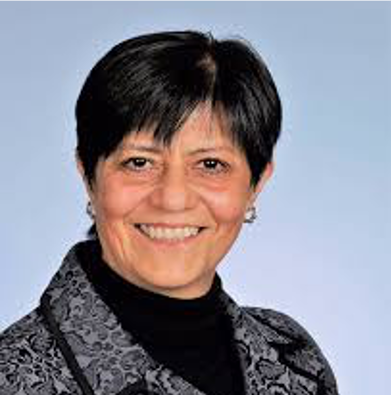
Dr Blanca Jimenez joined as Director General of the National Water Commission, CONAGUA, in 2019. She was the first woman to be appointed as Director of the Division of Water Sciences and Secretary of the International Hydrological Programme (IHP), UNESCO, in 2012. She also served as Vice-Chair of UN-Water from 2014 to 2016, the United Nations inter-agency coordination mechanism for all freshwater and sanitation-related matters. In the course of her professional career, she has followed a research engineering pathway, including positions at the Lyonnaise des Eaux, the Mexican Institute of Water Technology, Director of the Environmental Department at the Engineering Institute at UNAM, and research into sanitation technology at the University of Pretoria in South Africa.
Maureen M. Mwadime

Senior Human Rights Officer. Kenya National Commission on Human Rights (KNCHR).
Maureen Mwadime is an Advocate of the High Court of Kenya and a Senior Human Rights Officer at the KNCHR’s Economic, Social and Cultural Rights Division. Her practice mainly focusses on; the right to health; water and sanitation; business and human rights (land, extractives, mining). More specifically, Maureen is engaged in constitutional litigation, legislation review, institutional reforms, community engagement and partnership building. Maureen’s conviction for protecting human rights stems from her belief that every human being is sacred and possesses inherent dignity.
Sergio Campos
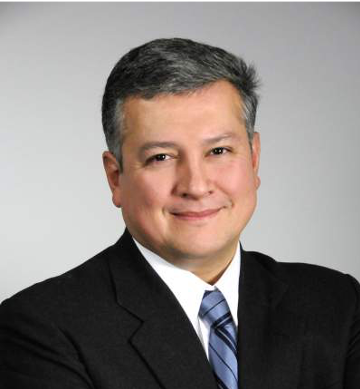
Sergio Campos is the Water and Sanitation Division Chief, at the Inter-American Development Bank, responsible for the coordination of the Spanish Fund for Water and Sewage in Latin America and the Caribbean as well as the structuring of water and sewage projects for the IADB in Argentina, Paraguay, Chile, Uruguay, and Bolivia. He is an economist with expertise in business administration and public policy, and he has worked on infrastructure financing, reengineering, and in the financial analysis of various water and sewage companies in the region, as well as on the structuring of public-private partnerships. Formerly, he worked with the Latin American Infrastructure Fund (LAIF), Washington, DC, structuring private equity investments, and with Coopers & Lybrand, consulting division, La Paz, Bolivia.
Callum Clench
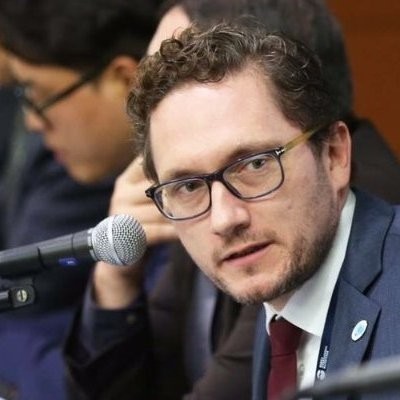
Callum Clench joined IWRA as its Executive Director in February 2016. He is a policy expert in sustainable development & business practices, with a particular focus on water and economic development. IWRA is a non-profit, non-governmental, educational organisation connecting people/institutions concerned with the sustainable use of the world’s water resources. It holds the World Water Congress every 3 years. Previously Callum worked at Climate-KIC based at Imperial College London, an innovation and business start-up programme established by the EU’s European Institute of Innovation and Technology. He has also worked as a policy advisor at the World Water Council, and for the UK’s Sustainable Development Commission reporting directly to the Office of the Prime Minister. He was also a lecturer at Birkbeck College, University of London, teaching a master’s course on “Environmental Management & Business Policy”.
Moderator
Amanda Loeffen

Amanda is CEO of Human Right 2 Water, and an experienced general manager and business development executive in water, energy and sustainable development, with international experience in Australasia, Europe and North America. Her goal is to provide sustainable solutions based on human rights to improve water governance worldwide. Previously as Director General of WaterLex, she led a team of water governance experts to encourage law and policy reform. Current projects include her leadership of the UNECE People-First PPP Stakeholder Engagement subgroup to realise benchmarks for developing human rights-based approaches. Previously, as CEO of a project management company in New Zealand, Amanda delivered environmental resource consent for a community water infrastructure scheme for irrigation and hydrogeneration.

